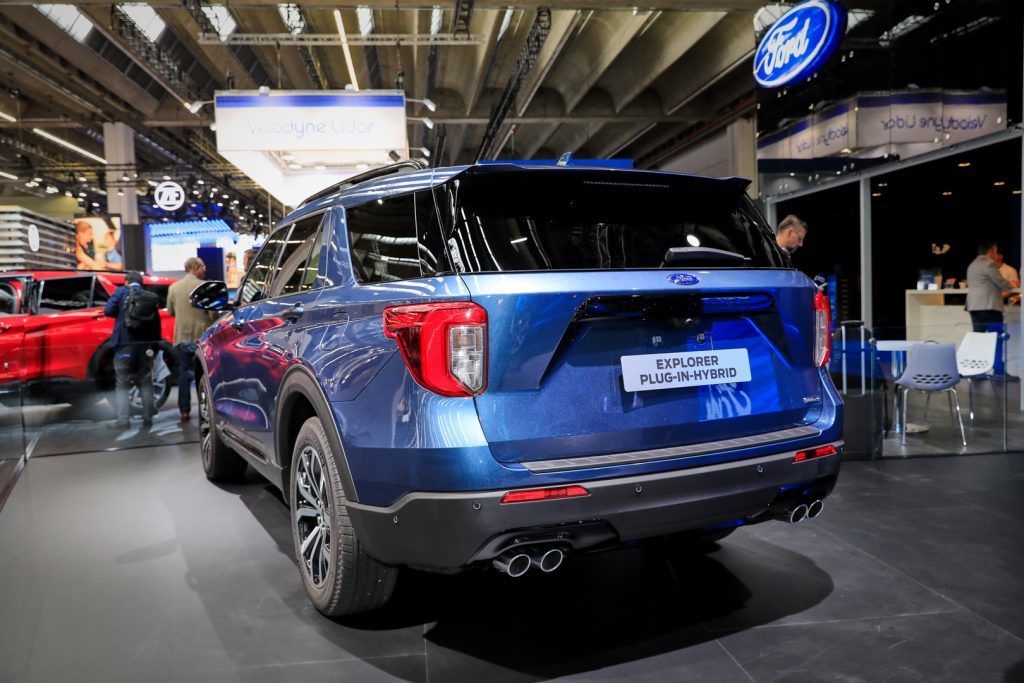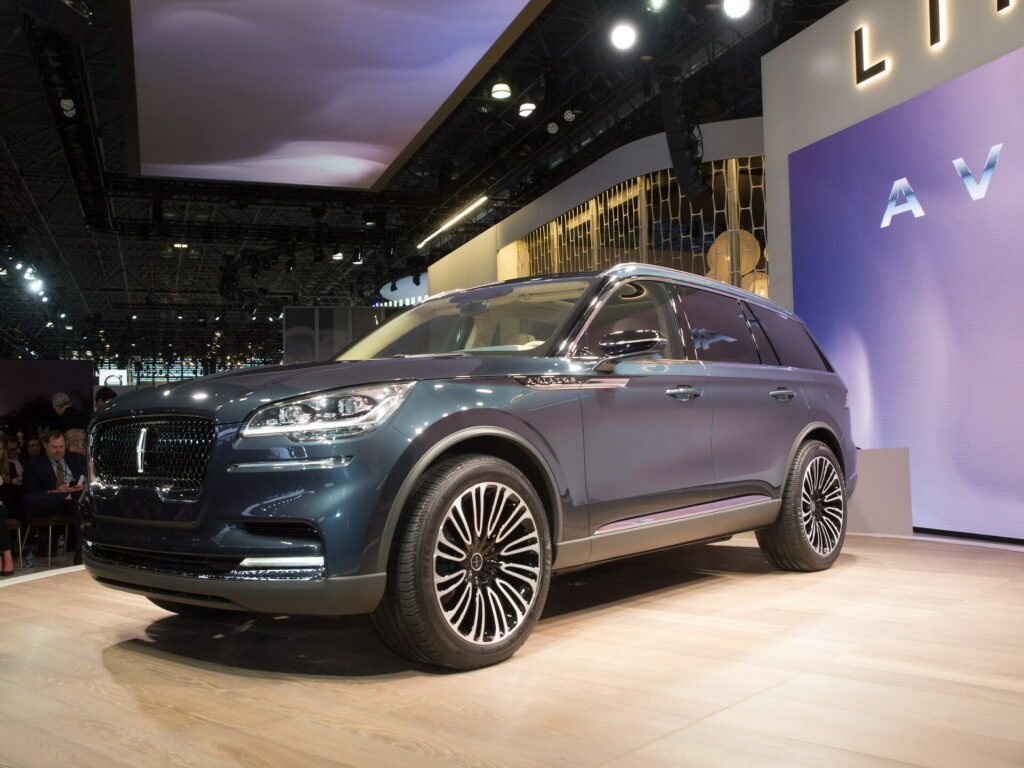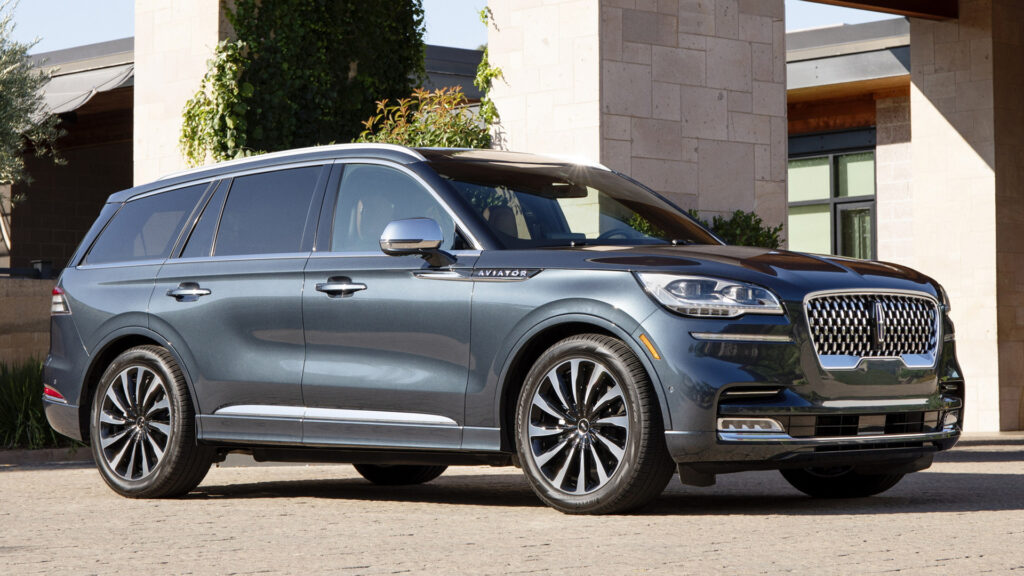Ford is recalling just shy of 3,000 examples of the 2020-2022 Lincoln Aviator PHEV and 2020-2022 Ford Explorer PHEV in the United States.
The carmaker has revealed that one or more of the high-voltage battery cells could be operating at low capacity and may develop an internal short circuit. If the battery cell is to short circuit then it is possible that the battery could completely power off, resulting in a loss of power and obviously increasing the risk of a crash.
The National Highway Traffic Safety Administration’s recall notice says that 12V accessories will continue to function, such as the steering and braking. The issue has been caused by the presence of a folded tab within one of the cells of the high-voltage battery. Vehicles suffering from the issue will display a Malfunction Indicator Light if the cell short circuits.

A total of 2,954 vehicles are involved in the recall. These consist of 2,941 examples of the Aviator PHEV built between June 18, 2019, and May 23, 2022, as well as 13 examples of the Explorer PHEV produced from December 1, 2019, to December 12, 2021.
Read: Ford Yet Again Tops Recall Charts For First Half Of 2023
Ford alerted dealerships to the recall on September 13 and will start to inform owners from October 2. Owners will be instructed to take their vehicle to either a Ford or Lincoln dealership where a Battery Energy Control Module diagnostic test will be performed. If an anomaly is found during the test, dealers will replace the high-voltage battery pack free of charge.
Ford has announced dozens of recalls this year. In fact, it issued 31 recalls in the United States in the first six months of the year, impacting some 4.1 million vehicles.




